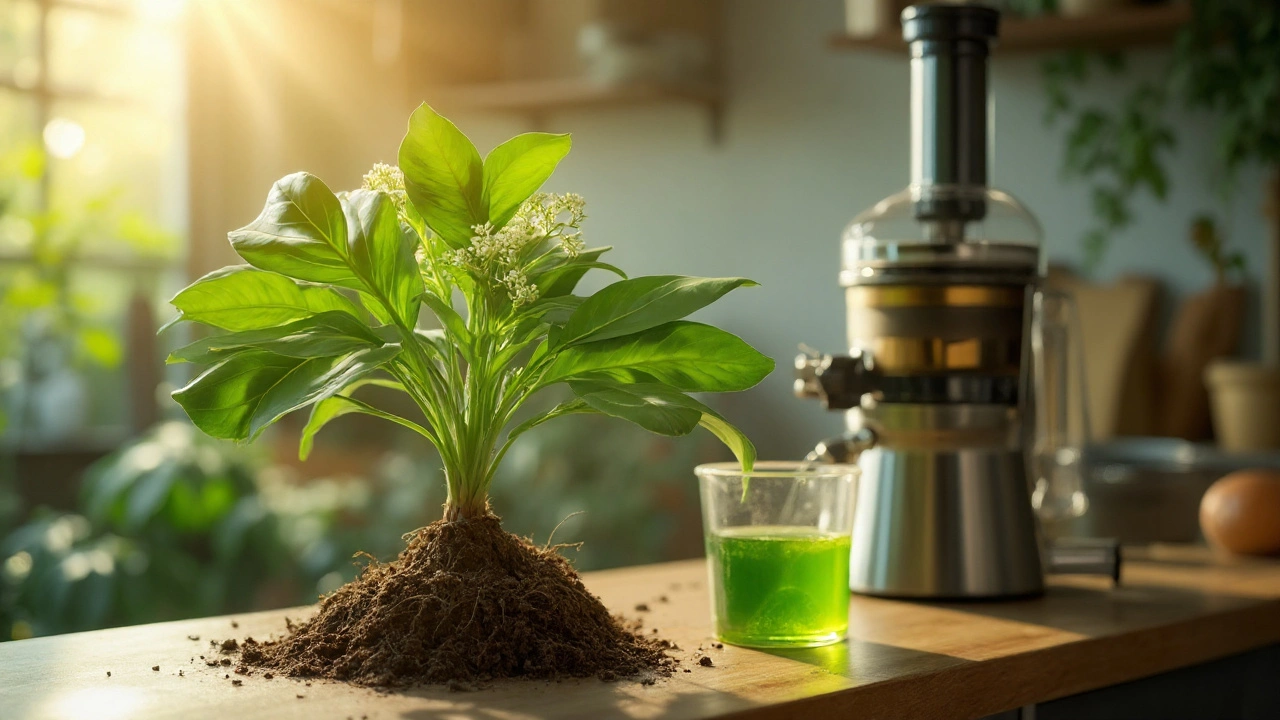Herbal Supplement Guide: Types, Benefits, and Safe Use
Thinking about adding a herbal supplement to your routine? You’re not alone. More people are turning to plant‑based products for extra health support, but the market is crowded and a bit confusing. Below you’ll find plain‑spoken advice on the most common herbs, what they can do, and how to choose a product that’s safe and effective.
Common Types of Herbal Supplements
Herbal supplements come in many forms – capsules, powders, teas, and liquid extracts. Here are a few that show up most often:
- Turmeric/Curcumin: Known for its anti‑inflammatory properties. Look for a version that includes black‑pepper extract (piperine) to improve absorption.
- Ashwagandha: An adaptogen that helps the body handle stress. Standardized extracts usually contain 5% withanolides.
- Milk Thistle: Often used to protect liver health. The active compound silymarin is the key ingredient.
- Echinacea: Popular for short‑term immune support, especially during cold season.
- Ginseng: Available as Asian (Panax) or American ginseng. It can boost energy and mental alertness, but dosage matters.
Each herb has a specific use case, so start with the health goal you want to address. Don’t assume more is better – the right dose matters more than the size of the bottle.
How to Choose Safe and Effective Herbs
Safety starts with the brand. Pick companies that follow Good Manufacturing Practices (GMP) and provide a Certificate of Analysis (COA) for each batch. The COA tells you exactly what’s in the product and confirms it’s free from heavy metals or contaminants.
Read the label carefully. Look for standardized extracts (e.g., “standardized to 10% hypericin”) instead of vague terms like “whole herb.” Standardization ensures you get a consistent amount of the active compounds.
Beware of interactions. If you’re on prescription meds, check whether the herb could affect drug metabolism. For instance, St. John’s wort can lower the effectiveness of many antidepressants and birth‑control pills.
Start low and go slow. Begin with the lowest recommended dose and see how your body reacts for a week or two before increasing. This approach helps you spot any side effects early, like stomach upset or allergic reactions.
Store herbs properly. Keep them in a cool, dry place away from direct sunlight. Heat and moisture can degrade the active ingredients, reducing potency over time.
Lastly, trust reputable sources for information. Websites that cite peer‑reviewed studies, government health agencies, or university research give you the most reliable data.
Herbal supplements can be a handy addition to a balanced diet, but they work best when you know what you’re taking, why you’re taking it, and how to use it safely. Use the tips above to cut through the hype and find a product that truly supports your health goals.

Trichopus Zeylanicus: Your New Natural Energy Booster
Discover how Trichopus Zeylanicus works as a natural energy booster, its traditional roots, safety tips, and how it stacks up against other herbal energizers.
More Detail